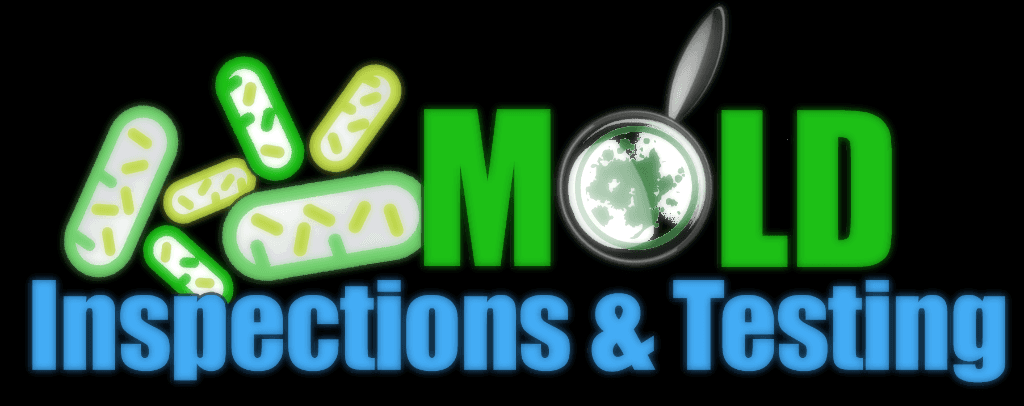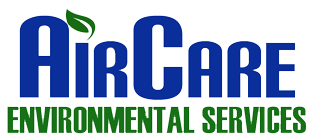
AIRCARE ENVIRONMENTAL SERVICES
- SERVICING BOSTON METRO, MA -

- Free Mold Inspections, Removal & Remediation -

617-712-2924: Boston, MA
- FREE ESTIMATES -
Mold Types
- MOLD TEST & INSPECTIONS -
Greater Boston & Canton To 35 Miles
AIRCARE
ENVIRONMENTAL SERVICES



Contact Us
Thank you for contacting us.
We will get back to you as soon as possible
We will get back to you as soon as possible
Oops, there was an error sending your message.
Please try again later
Please try again later
We Provide MOLD Inspections
and Certified Mold Testing Services
- We Service Boston Metro, Massachusetts -
and all surrounding cities and towns within 35 Miles!
MOLD Types
Stachybotrys (Black Mold):
Stachybotrys is also known as the nefarious “black mold.” It is a toxigenic type of mold that can also cause allergic reactions. Stachybotrys mold is dark greenish or black in color and has a slimy texture. Stachybotrys thrives in damp, wet areas with high
humidity levels that maintain these environmental conditions for weeks. It is known for growing on cellulose material such as woods, drywall,cardboard, paper or wicker.
Stachybotrys is sometimes called “toxic mold” because it produces mycotoxins that may cause severe health problems to those who have been exposed to it. Stachybotrys exposure symptoms include difficulty breathing, sinusitis, fatigue and even depression. Dull aches and pains in the mucous membranes of the sinuses is common among sufferers of black mold exposure. If you’ve been exposed to stachybotrys you may also experience burning sensations in your airways, a tightening in the chest, persistent cough, nose bleeds, fever and painful headaches.

Aspergillus:
Aspergillus is a common mold found in American households. It has long flask-shaped spores that
can form thick layers or walls of mold. This creates long chains of mold growth on surfaces. Because there are over 185 species of aspergillus mold, it can appear in many different colors.
Aspergillus is an allergenic mold, but it is also capable of becoming more toxic depending on the
species and the environment affected. It can lead to symptoms such as asthma attacks, lung
infections and respiratory inflammation. Certain aspergillus mold species are capable of producing
aflatoxins, a known and deadly carcinogen.

Alternaria:
Alternaria is the most common form of allergenic mold in the world. It’s a velvet-textured mold with dark green or brown hairs. It typically grows wherever dampness occurs. In homes, this is commonly in showers, bathtubs, and below leaking sinks. Alternaria is also a common mold species that appears as a result of water damage to a home or building.
As an allergenic mold, alternaria causes asthma-like symptoms including in the upper respiratory tract, nose and mouth. Because it spreads quickly, it’s important to remediate alternaria mold immediately before it overtakes a home.
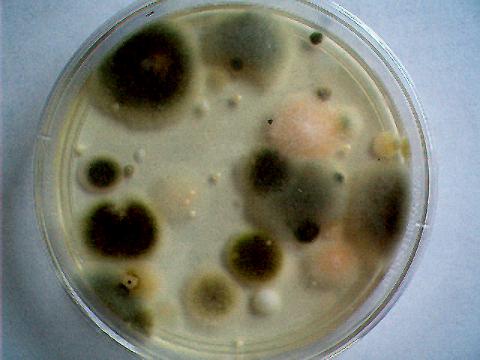
Chaetomium:
Chaetomium is a mold commonly found in water damaged homes and buildings. Chaetomium has a cotton-like texture and usually changes colors from white to grey to brown and eventually to black over time. Chaetomium mold is usually found in a damp or leaking roof, basement or sink and may be recognizable by its musty odor.
Chaetomium mold causes health effects such as skin and nail infections. In some cases, it can produce mycotoxins that are especially dangerous in individuals with compromised immune systems. Because it grows in chronically moist conditions, it is important to repair the cause of water damage in your home. This means you need to be aware of where to find it. Chaetomium mold can grow in places such as your roof, basement foundation or leaky pipes. Cutting off the moisture problem at the source will prevent this mold type from returning repeatedly.

Cladosporium:
Cladosporium is an allergenic mold type. It is unique in that it can grow in both warm and cold conditions. It is
often found thriving in indoor materials such as fabrics, upholsteries and carpets. It also presents itself under floorboards and inside cupboards. Cladosporium is an olive-green or brown colored mold with a suede-like texture.
Cladosporium typically causes allergic reactions to the eyes, nose, throat and skin. Exposure
to cladosporium causes skin rash and lesions, asthma, lung infections and sinusitis. While
not considered to have toxic properties, cladosporium should not be handled directly due to its
potential for causing skin and lung irritation.
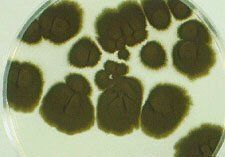
Penicillin:
Penicillin is an allergenic form of mold. It is easily recognizable by its characteristic blue or green colored surface with a velvety texture. Penicillin mold is often found in water damaged homes and buildings. It is found in materials such as carpets, wallpapers, ducting and even in mattresses. It spreads quickly from one area of the home to the next.
Unfortunately, though penicillin is responsible for important antibiotic production and food processing capabilities, it is also the cause of terrible respiratory conditions when it grows indoors. Penicillin spores can easily become airborne and travel throughout the home and can be inhaled by
occupants, including pets and children.
Penicillin exposure can cause pulmonary inflammation and asthma. When exposed to it for a longer time it can lead to chronic sinusitis. People with immune disorders shouldn’t be exposed to penicillin as a penicillin infection can worsen symptoms and lead to further health complications.
Because penicillin mold growth is commonly associated with damp and moist areas, it is critical to
remedy any household leaks or water damage as soon as possible to prevent penicillin from
recurring and spreading throughout your home.

What should you do when you think you have MOLD
in your home?
AIRCARE ENVIRONMENTAL SERVICES
CALL: ( we service all cities & towns within 35 miles)
617-657-1375:
Boston Metro, MA
Call for a mold inspection for your home.
How Does Mold Affect Your Health?
Mold produces spores, which are invisible and small enough to travel through the air and into your lungs. You can also be exposed to mold by skin contact. The most common health problems from mold are allergy symptoms, including: Runny nose, scratchy throat, itchy eyes, sneezing, in more severe cases, wheezing and coughing, and in rare cases, mold infections in the lung.
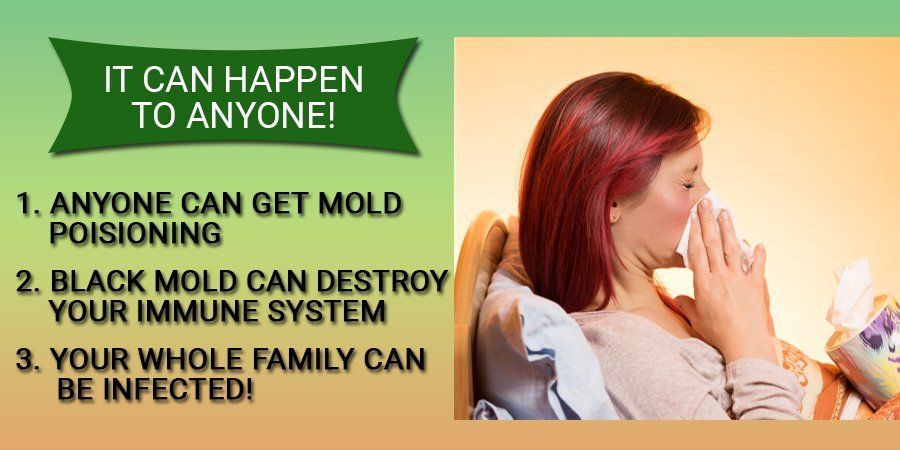


Slide Title
Write your caption here
Button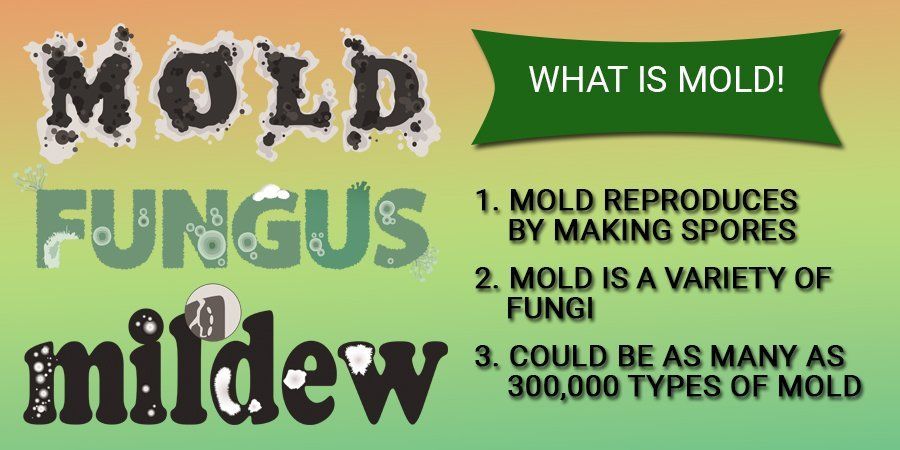
Slide Title
Write your caption here
Button
Prices: MOLD Inspection
$279 and includes 2 samples
$199 For limited inspection
Full Mold Inspection starting at $349 and going up depending on square footage
Results can be 3 hour Rush -extra fee
6 hour Results-extra fee
24 hour results-extra fee

Mold Inspection
Contact Us
Thank you for contacting us.
We will get back to you as soon as possible
We will get back to you as soon as possible
Oops, there was an error sending your message.
Please try again later
Please try again later
Mold Inspections
Why Call Us For A Mold Inspection?
Certified
Mold Testing ServicesCertified
To Work With All Insurances
AIRCARE ENVIRONMENTAL SERVICES
CALL: (we service all cities & towns within 35 miles)
617-657-1375:
Boston, MA
If your home or business is in need of a professional mold inspection, it is important to act quickly in order to avoid health risks. Roughly 50 to 100 common varieties of indoor mold can create health problems if left untreated. The five most common kinds of indoor molds are Aspergillus, Alterniria, Cladosporium, Penicillium, and Stachybotry Chartarum. Although the type of reaction to mold is dependent on the type of mold that is present, the most common health issues are:
- Breathing Difficulties
- Allergic Reactions
- Headaches
- Persistent Cough
- Cold Symptoms
- Skin Irritation
- Burning In The Eyes, Throat, Nose, and Lungs
- Hypersensitivity Pneumonitis
A Mold Inspection is important before paying for lab testing.
Let our certified mold techs inspect your home for dangerous mold before taking any additional steps. Our mold inspectors will also make sure you understand all of your options and give you friendly tips depending on the results of our Mold Inspection. Getting rid of mold is a two-part process that involves mold removal
and mold remediation.
We have seen the havoc that mold can unleash on homes, businesses, and individual health. We have helped customers get their properties mold-free, and we will do the same for you. Do not wait until your mold problem
is out of control and beginning to lead to health problems. Get a free mold inspection at the first sign of mold damage or symptoms, and ensure the safety of your property and those who call it home.
Why Choose Us?

- 20+ year Experience
- Free Upgrade to Accredited Lab Testing
- Fully Insured & Licensed
- Talk With A Real Person
- Direct Insurance Billing Available







617-657-1375:
Boston Metro, MA
MOLD Inspections
and Certified Mold Testing Services
Boston, MA
All cities within
35 miles!
******************

